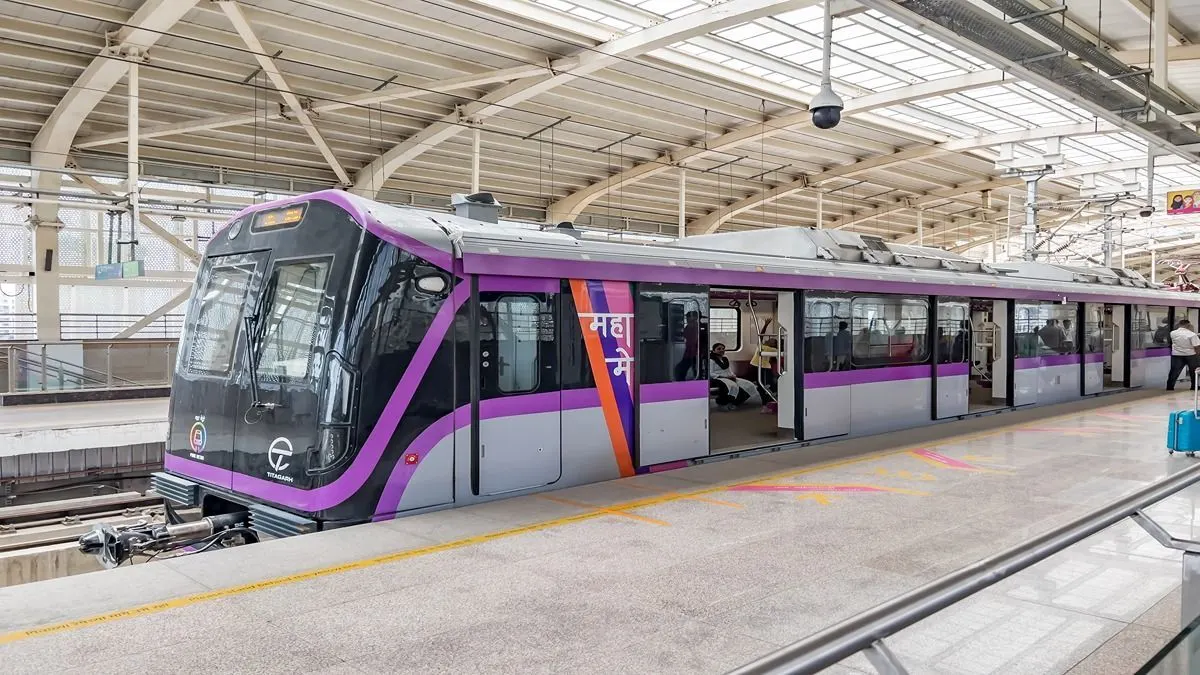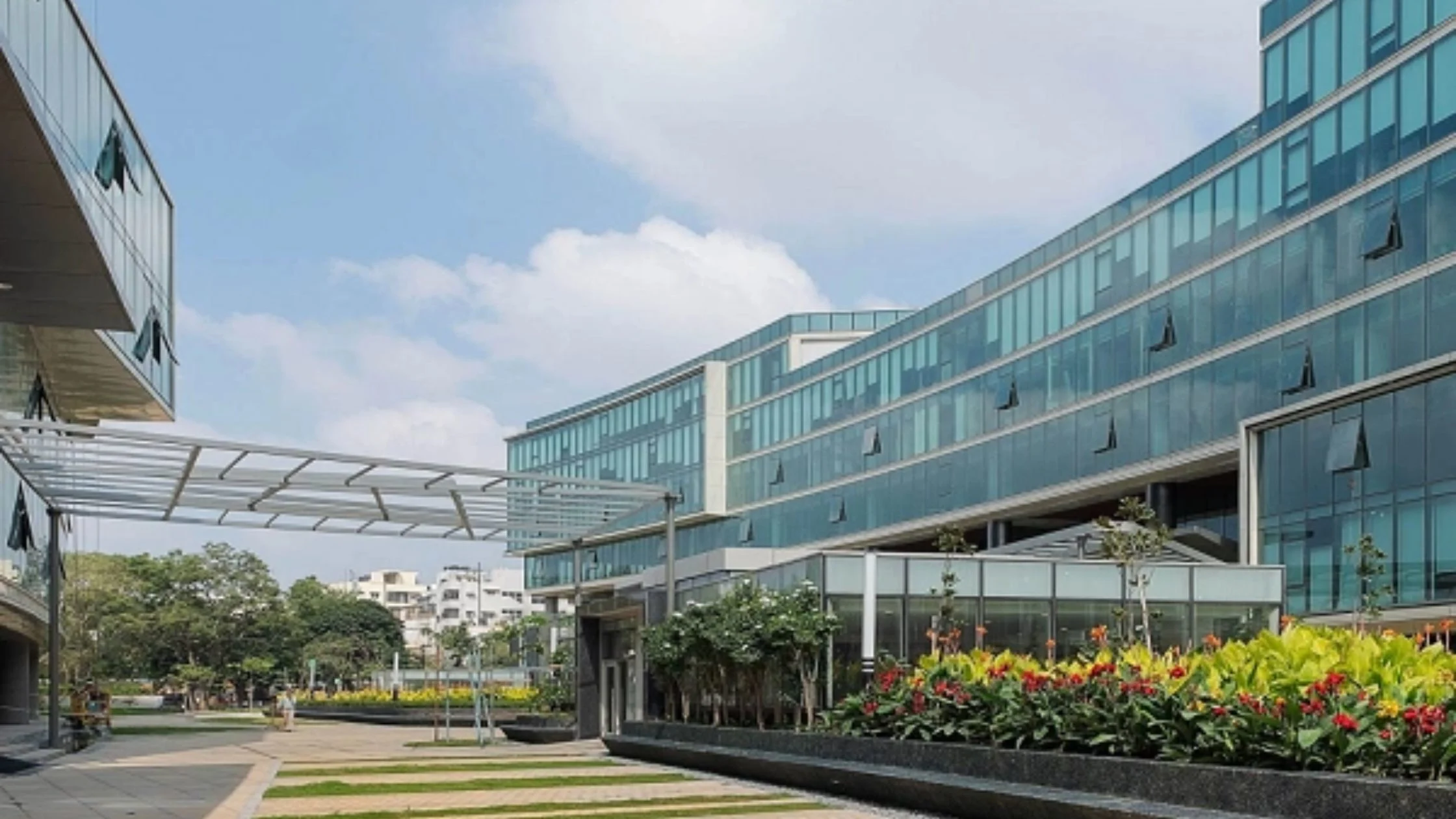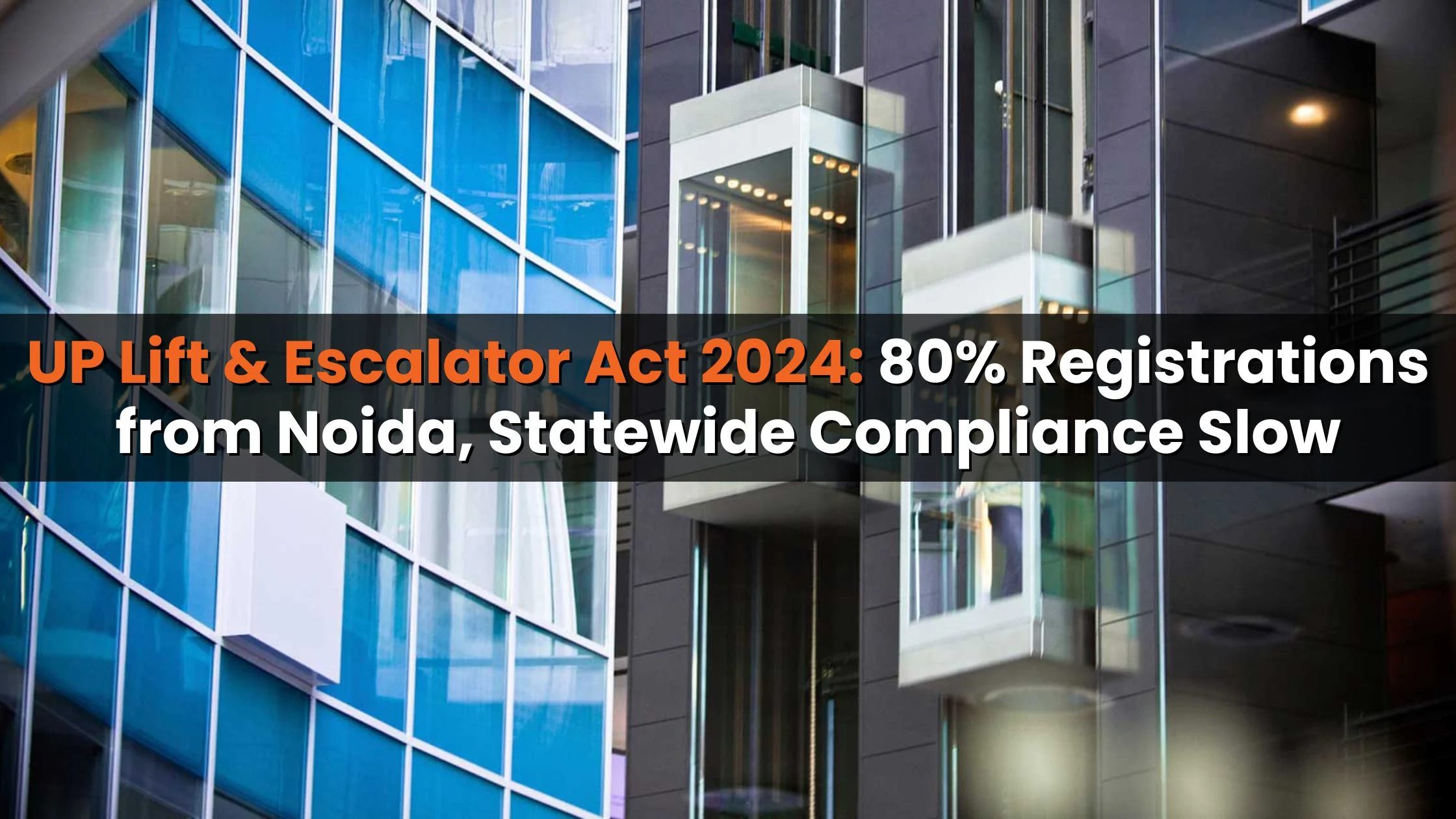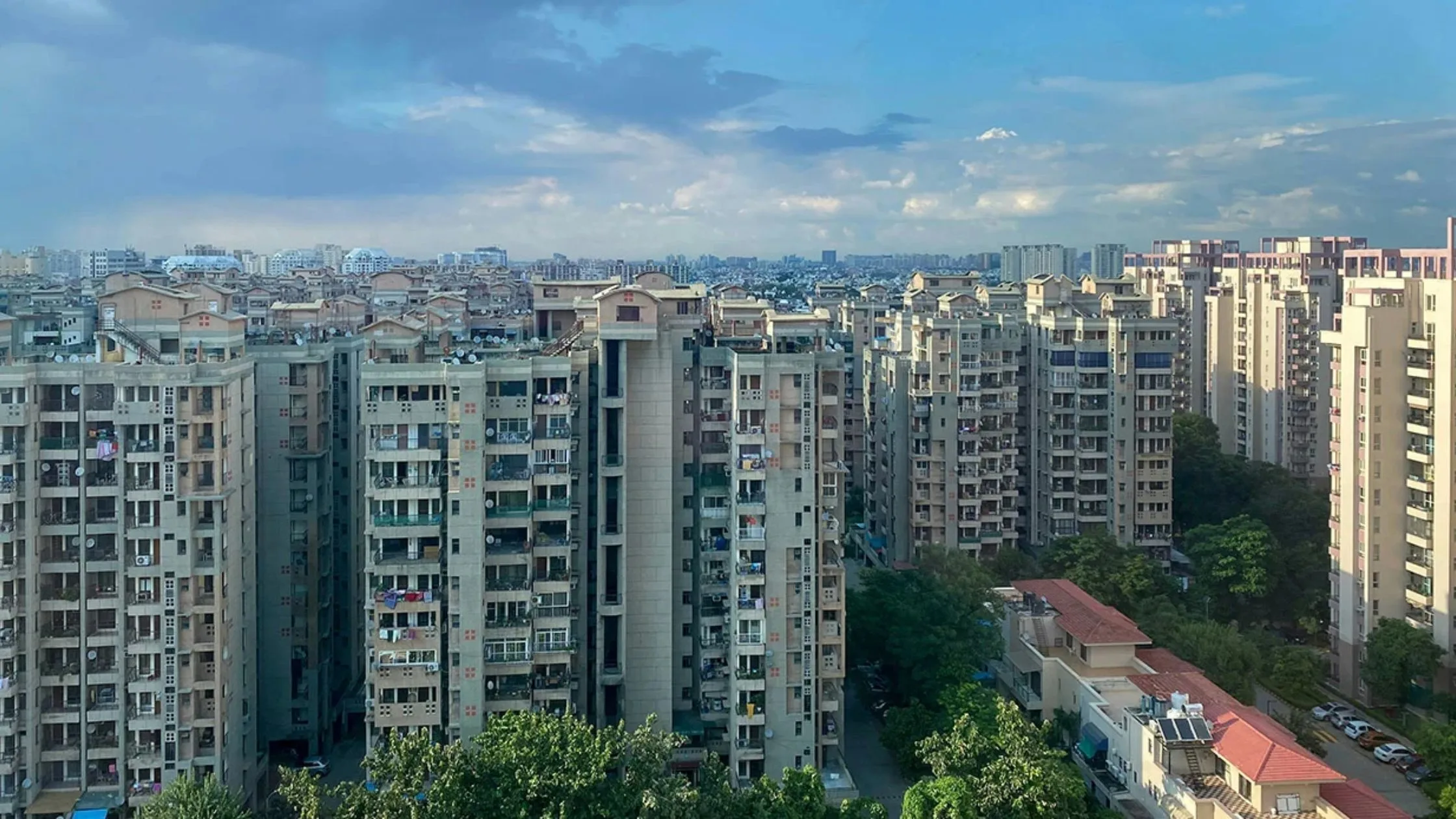Table of Content
▲
The long-awaited Pune third metro line, connecting Pune to the busy Hinjewadi IT hub, will start work by March 2026. The service was originally scheduled to be launched earlier, but the project has faced delays for a number of different reasons. Although, work on the project is over 85% complete, and currently work is underway to achieve the deadline as an updated plan.
Project Overview
The 23-kilometer Pune third metro line is being developed by Pune IT City Metro Rail Limited (PITCMRL) under the Pune Metropolitan Region Development Authority (PMRDA). This elevation metro line will connect the Maan village to Shivajinagar passing through Hinjewadi with 23 stations and catered to provide seamless connectivity to the Rajiv Gandhi Infotech Park.
The double deck integrated flyover which is a part of this development will be from University Chowk to E-Square Junction. Even with respect to the flyover, more than 80 percent of the work is completed and the ramps towards Aundh is expected to open by June 2024.
Also Read: Maha Metro Gains Ownership of 2.1 Lakh sq metres of Land with Government Approval
Reasons for Delays
Despite significant progress, certain factors have hindered the project’s timely completion:
- Barricading Permissions: Delays in obtaining barricading permissions on Ganeshkhind Road, a critical arterial road for VIP and commuter movement, slowed construction activities.
- Utility Shifting: Shifting utilities on the Ganeshkhind Road stretch posed additional challenges, leading to project delays.
- Construction Constraints: As this stretch is a primary commuter route, uninterrupted construction work was not feasible.
Initially planned for completion in March 2023, the deadline was first pushed to September, then December 2023, and finally to March 2026. Trial runs, which were supposed to begin in September 2023, are now rescheduled for early 2025.
Benefits of the Pune Third Metro Line
Once operational, the Pune third metro line will significantly enhance urban mobility and reduce traffic congestion. Key benefits include:
- Improved Connectivity: Direct access to the Hinjewadi IT hub, benefiting thousands of daily commuters.
- Time Efficiency: Faster and more reliable transportation between Maan village, Shivajinagar, and Rajiv Gandhi Infotech Park.
- Economic Boost: Enhanced infrastructure to support Pune’s growing economy and real estate development.
Public Reactions and Concerns
Many residents living along the Ganeshkhind Road corridor are unhappy with extended delays in traffic due to the construction. Meera K, a regular commuter, said, “The journey on this road, especially during late evening, is just getting worse.”
While MLA Siddharth Shirole stated that he would address these complaints by organizing a meeting with important parties of interest, like the Chief Minister and Deputy Chief Minister Ajit Pawar in order to push the project along, Ajit Pawar ordered the PMRDA last year to speed things up last year when he visited Pune, and told them to manage the work particularly on the Shivajinagar-to-Aundh stretch.
Conclusion
The Pune third metro line is a much-needed infrastructure project ready to change urban transport in Pune city. Despite some delays the progression of this project indicates a bright future for the both commuters and economically. With current push to solve any issues it is hopeful that the March 2026 date will allow a modern metro system to suit Pune and provide conscious transport alternatives.
Follow AquireAcers Whatsapp Channel to Stay Updated With The Latest Real Estate News







Ans 1. The Pune third metro line is a 23-kilometer elevated metro project connecting Maan village to Shivajinagar, passing through the Hinjewadi IT hub. It is being developed by Pune IT City Metro Rail Limited (PITCMRL) under the Pune Metropolitan Region Development Authority (PMRDA).
Ans 2. The metro line will feature 23 stations, ensuring seamless connectivity along its route.
Ans 3. As of now, over 85% of the work on the metro line is completed. The integrated flyover is also more than 80% complete, with the Aundh ramps expected to open by June 2024.
Ans 4. The project faced delays due to: Difficulties in obtaining barricading permissions on Ganeshkhind Road. Challenges in utility shifting along the Ganeshkhind stretch. Construction constraints as the road is a major commuter route.
Ans 5. The metro line is scheduled to start operations by March 2026. Trial runs are planned for early 2025.